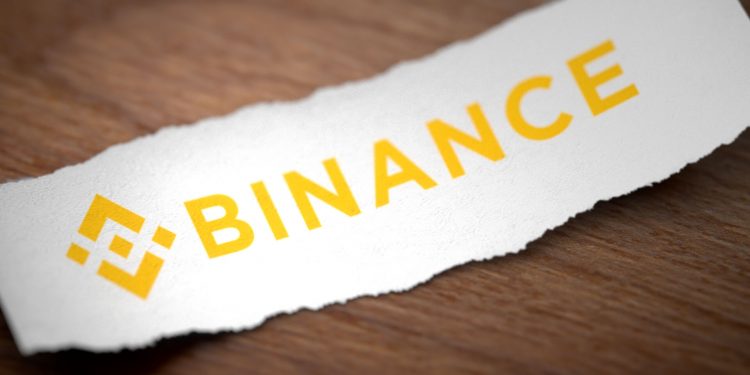According to an article from Bloomberg, one of the largest cryptocurrency exchanges, Binance, is now under investigation for “suspicous” activity. According to an article from Cointelegraph, the IRS is concerned about illegal activity and money laundering. Changpeng Zhao, the CEO of Binance, isn’t phased though. Zhao has concluded that Binance has not engaged in criminal activity and appears to not be concerned.
Binance CEO Zhao thinks the news sounds worse than it actually is:
The market didn’t react amused about the news. Bitcoin and Ethereum dropped even further. When the average person who knows nothing about crypto hears news like this, it can detract many who might have been thinking about buying Bitcoin or Ethereum. Who knows what will happen. Maybe these two events won’t have any long-term effect on the market and it will recover strongly. Or the other way. One thing is for certain, that the market is vulnerable now.
And it is not just Binance the IRS is after
They are now going after U.S. Citizens’s crypto who have tax debt. Meaning, the IRS can legally confiscate people’s crypto in order to pay off unpaid tax debt owed by that person. The IRS.gov website says:
“Virtual currency is treated as property and general tax principles applicable to property transactions apply to transactions using virtual currency.”
The IRS is also stepping up it’s search for customer data from cryptocurrency exchanges. According to Cointelegraph.com, U.S. District Court Judge Richard Stearns said:
“There is a reasonable basis for believing that cryptocurrency users may have failed to comply with federal tax laws.”
In the U.S., all citizens have to pay a capital gains tax – which means, all crypto trades are taxable events. The IRS has made clear that crypto is not free from their hands and they intend to ascertain the control of the crypto market like any other market. U.S. citizens can get audited if they fail to pay their crypto taxes on time. Furthermore, a person may face penalties for late payment. Additionally, if someone fails to pay their taxes correctly, they could be charged with perjury. The IRS expects U.S. citizens to pay their taxes whether they have cashed out or not.
Final thoughts
Perhaps the best thing anyone can do is be cautious of their activity and make sure they don’t get in trouble with the IRS. With just simply neglecing to pay taxes on crypto, one can get in a lot of legal and financial trouble. The IRS has set the bar for being the most aggressive tax agency in the world for their investigation into crypto and seeing that everyone pays their taxes.
If you liked this article you might also like: Central Banks want your Crypto










